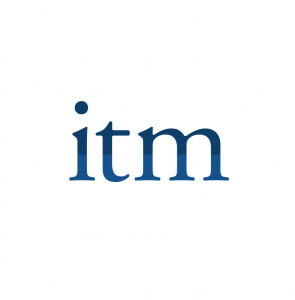Extension of the IP driver’s license with two new modules: Trade Secrets and Design
PROvendis and ITM add two new modules on intellectual property protection to the IP driving [...]
Jul
New podcast episode with Ulrike Voß (UPC)
In the 8th episode of Women lawyers tell Ulrike Voß is our guest. Ms. Voß [...]
Jul
Prof. Kretschmann (BR) at the ITM
Professor Dra. Angela Kretschmann (Brazil) gave a highly inspiring lecture on current problems of Brazilian [...]
Jul
Information and updates on the “Best of ITM” seminar
As a seminar participant, you will find all updates, information and answers to frequently asked [...]
Jul
Law of the Digital Economy – Registration now open
Today we are pleased to announce the start of the registration phase for the new [...]
Jun
ITM Runners at the Leonardo Campus Run 2024
In summer temperatures of around 30 degrees, the ITM Runners team laced up their running [...]
Jun
Publications
The following publication list contains the publications of Professor Dr. Thomas Hoeren.
Courses
In addition to the lectures in the compulsory subject area of the intermediate examination, the ITM also offers its own specialization area and two additional courses.
Employees
A number of employees work at the ITM. Some of the staff work at the chair itself and are primarily concerned with issues relating to course planning.
ITM stands for Information, Telecommunications and Media Law. The legal field has a long tradition in Münster, starting in 1997 with the ITM Institute of the University of Münster. The institute was based in the Faculty of Law until it moved to the new premises on the Leonardo Campus. In civil law, Professor Dr. Thomas Hoeren has built up a broad network in computer science, art studies and economics in close cooperation with the private sector and other foreign research institutions. Since then, more than 150 researchers have been awarded doctorates; “ITMers” are now working in a variety of jobs in administration, business, the legal profession and even as university lecturers.

Prof. Dr. Thomas Hoeren








